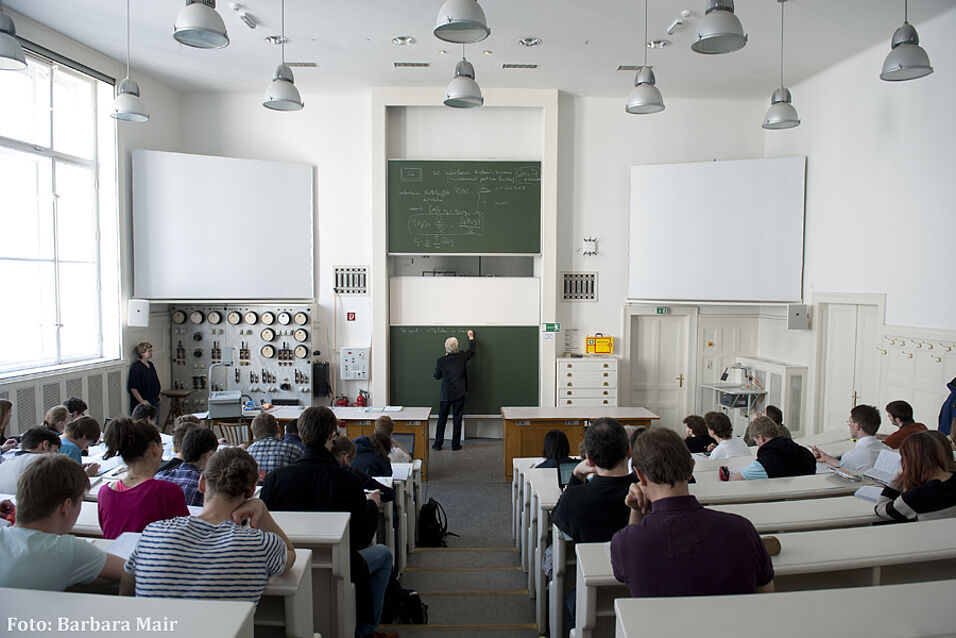Quantum information theory combines classical information theory with quantum physics. This combination opens the door to many fascinating applications which either do not have a classical counterpart or outperform them. Prominent examples thereof are quantum communication and quantum computation and simulations. Many of the applications are possible due to the subtle properties of quantum many-body systems. In particular entanglement, which is a strong correlation among several quantum systems, plays an essential role. In this talk, I will first present some recent results on multipartite entanglement theory. In particular, I will show that deterministic local transformations among pure n-partite d-level systems are almost never possible. The consequences of these findings in the context of entanglement theory will be discussed. Then I will talk about certain aspects of quantum computations, where entanglement plays an important role. I will consider quantum algorithms which are composed of so-called matchgates. I will show that such an algorithm can always be compressed into an exponentially smaller quantum computation. However, as will be explained, the usage of an additional resource, the so-called magic states, elevates such a computation to universal quantum computation, while maintaining the same gate set. I will present the characterization of these magic states and discuss the consequences of these results in the context of quantum computation.
Im Rahmen des Vortrages findet eine Lehrprobe zum Thema "The concept of information in mathematics and physics" statt.

